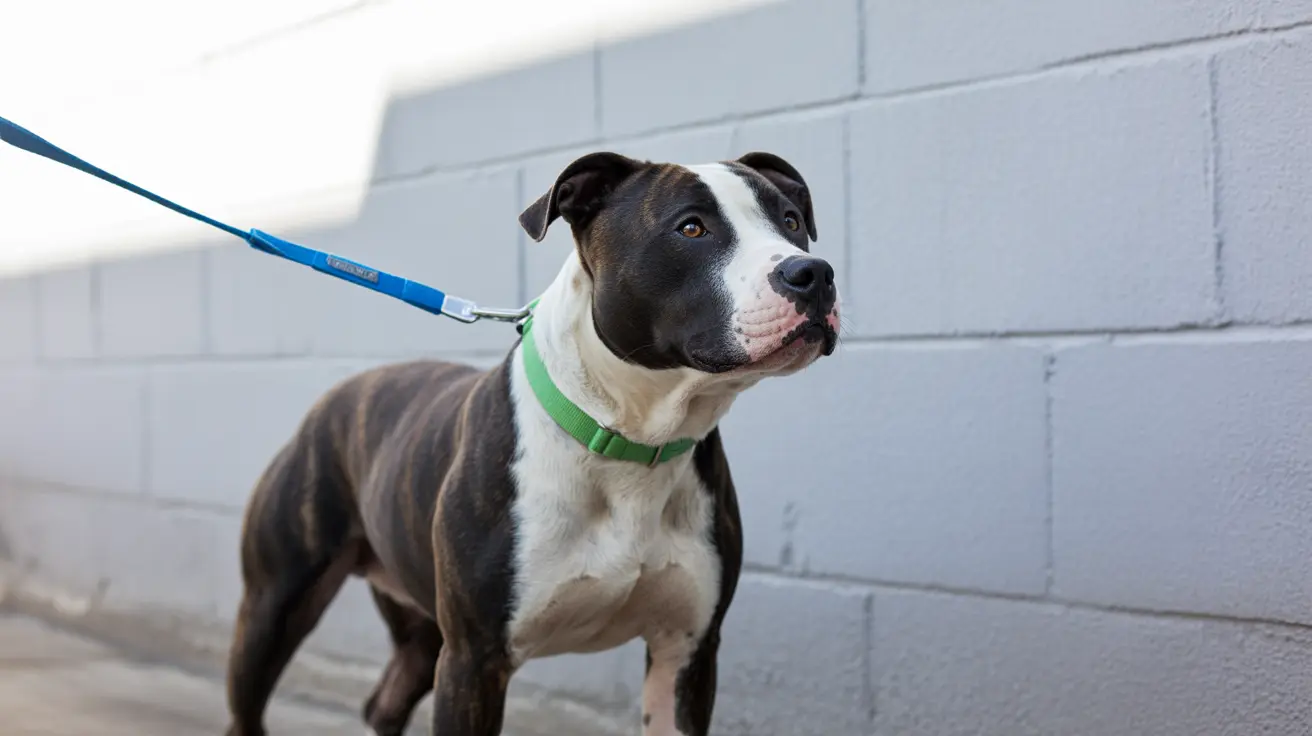Can Dogs Eat Pears? A Complete Guide to Feeding Pears Safely
Many pet owners wonder if their furry friends can enjoy fruits like pears. The good news is that fresh pears can be a safe and healthy treat for dogs, provided you follow some important guidelines. Let's explore the benefits, risks, and best practices for feeding pears to your dog.
Health Benefits of Pears for Dogs
Pears are more than just a sweet snack—they're packed with nutrients that can support your dog's well-being. When given in small amounts, pears offer:
- Vitamin C: Supports immune health and helps fight off illness.
- Vitamin A: Promotes good vision and supports muscle function.
- Fiber: Aids digestion and helps keep bowel movements regular.
- Antioxidants: Help protect cells from damage.
Pears are also low in fat, making them a tasty option for dogs who need to watch their weight. Many popular varieties—such as Bartlett, Bosc, Anjou, and Comice—are all safe choices when prepared properly.
How to Prepare Pears for Your Dog
If you're thinking of sharing a pear with your pup, preparation is key. Here are the steps you should always take:
- Wash the pear thoroughly to remove any pesticides or chemicals from the skin.
- Remove the stem, leaves, seeds, and core. Seeds contain traces of cyanide and can be toxic in large quantities. The core and seeds also pose choking hazards.
- Cut the pear into bite-size pieces appropriate for your dog's size.
- If your dog has a sensitive stomach, consider peeling the skin—it may cause mild digestive upset in some dogs.
Avoid canned pears or products with added sugar or artificial ingredients. Canned fruit often contains high levels of sugar that can lead to digestive issues or contribute to obesity over time.
How Much Pear Is Safe?
Treats—including fruit like pears—should make up no more than 10% of your dog's daily food intake. Too many pears may cause an upset stomach or diarrhea due to their fiber content. Start slowly if it's your dog's first time trying pear, and watch for any signs of gastrointestinal upset (like loose stools).
The right portion depends on your dog's size: small breeds should get only a few small chunks at a time; larger breeds can handle slightly bigger pieces but still need moderation. Always supervise while feeding new treats to prevent choking.
Creative Ways to Feed Pears to Dogs
Pears don't have to be boring! Here are some fun ideas for serving them:
- Bite-size pieces as training treats or rewards.
- Add chopped pear as a topper on regular dog food.
- Create fruit smoothies by blending pear with other dog-safe fruits like bananas or blueberries.
- Mix diced pear with plain (xylitol-free) yogurt for a refreshing snack on hot days.
- Stuff mixtures into puzzle toys like KONGs for mental stimulation.
Pear Safety Precautions
A few simple precautions will keep snacking safe:
- Avoid giving dogs pear seeds or cores.
- No canned pears or those with added sugars/artificial ingredients.
- If your dog is on a prescription diet or has health issues (like diabetes), consult your vet before introducing new foods—including pears.
Other Fruits Dogs Can Eat (and Should Avoid)
If your dog enjoys fruit variety, there are plenty of options beyond pears. Safe fruits include apples (without seeds), bananas, blackberries, blueberries, cantaloupe, cranberries, honeydew melon, mango (peeled), oranges (in small amounts), peaches (pit removed), pineapple, raspberries, strawberries, and watermelon (seedless). But steer clear of cherries (toxic pits), avocados (toxic compounds), and unripe pears—which may cause stomach upset.
The Bottom Line: Are Pears Good for Dogs?
Pears can be a nutritious addition to your dog's treat rotation when offered responsibly. They support healthy digestion thanks to fiber content and provide vitamins that boost immunity and overall vitality. Just remember: wash thoroughly; remove stems/seeds/cores; cut into safe pieces; feed in moderation; skip canned versions; consult your vet if unsure about dietary changes. With these steps in mind, you can feel confident sharing this sweet snack with your canine companion!





